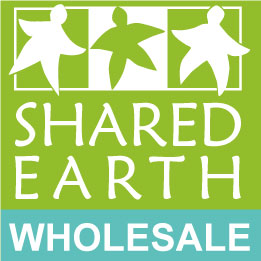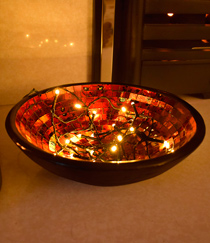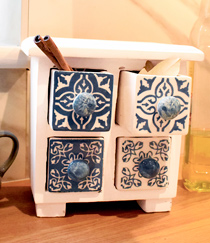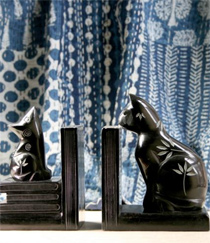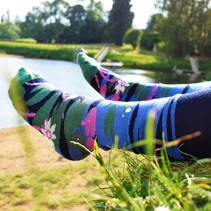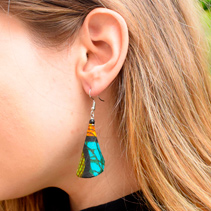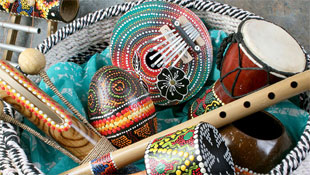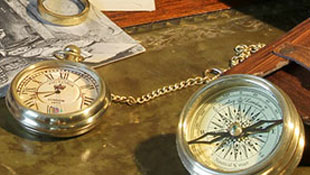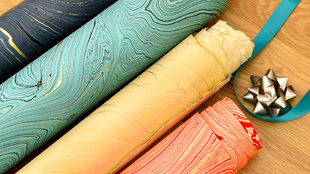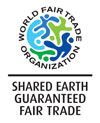ECO-FRIENDLY/SUSTAINABLELots of products we sell could be described as ‘eco-friendly’, including those which are recycled. But products don’t need to be recycled to be eco-friendly. Sustainability is a key factor when we decide which products to buy. 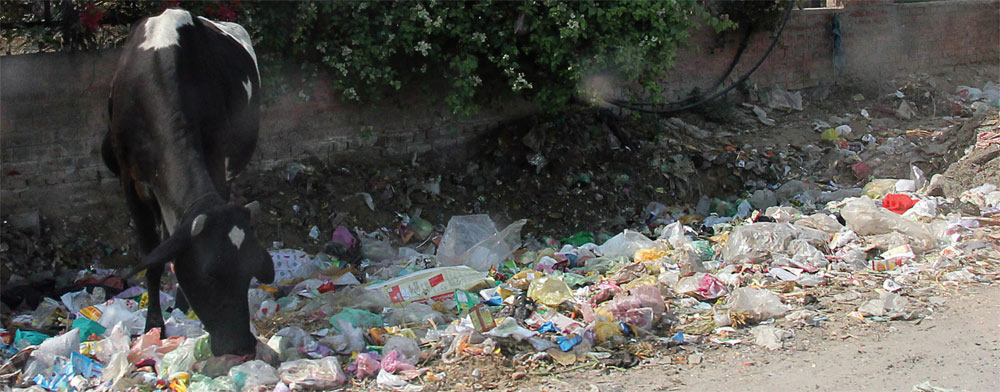 Shared Earth and the environmentLike you, Shared Earth is passionate about protecting our environment and the natural world, and we are working hard to reduce the environmental impact of the products we sell. We consider the materials that make up our products, how those products are made, and how they are shipped, firstly to us and then on to you. None of this is easy, even for the largest manufacturers, and for Fair Trade companies there are many special challenges linked to the scale of production and the availability of materials to producers in developing nations. Choosing more sustainable materialsOur choices are sometimes quite straightforward. For example, the shift away from wood that comes from endangered species and towards more sustainable sources, as we are doing with all the wood products we buy from India. Sometimes the changes are invisible to the customer. We are working with our jewellery producers to ensure that any plastic beads are replaced with glass beads, for example. Other areas are more complex. Ideally we would like to find a producer of glass suncatchers but this is not a straightforward swap of one material with another because production methods for glass are completely different to those used with plastic resin. We need to both find a reliable source of recycled glass and a way of ensuring artisans get help with retraining. Plastic plagueWhen many people think of India they think of the Taj Mahal but the sad reality is that you are as likely to see cows knee deep in plastic waste, chomping on bottles, carrier bags and discarded packaging as you are to see examples of stunning architecture. Many countries are drowning in plastic waste and so are the seas around them. In the UK we use far more plastic than necessary, but it’s countries like Kenya, India and Chile which are setting an example by banning single-use plastic bags. Sustainable packagingWe are working hard with our suppliers to get rid of unecessary plastic bags. Plastics are everywhere because they do some things very well. Keeping products from suffering water damage in transit, for example. For years all our jewellery imports have been wrapped in individual plastic bags, simply to keep items from getting tangled up. Now we are actively testing biodegradable plant-based bioplastics. Biodegradable bags are still transparent, they keep products separate and they can be put on the compost heap! 100 small items in compostable bioplastic bags, or paper bags, all bundled together in one large plastic bag to prevent moisture damage, isn’t perfect but it is still a hundred fewer small plastic bags. Whether it’s bamboo socks, incense sticks or jewellery items we are rapidly reducing our use of plastic bags in packaging. We are making good progress on eliminating polystyrene in favour of cardboard and shredded paper, and the bubblewrap and tape we use is now biodegradable. There is still much to do and we are working hard! 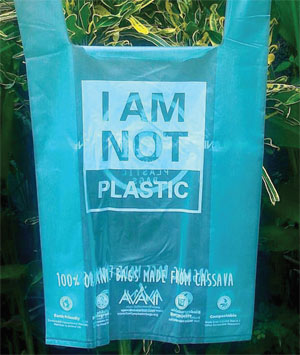 |
